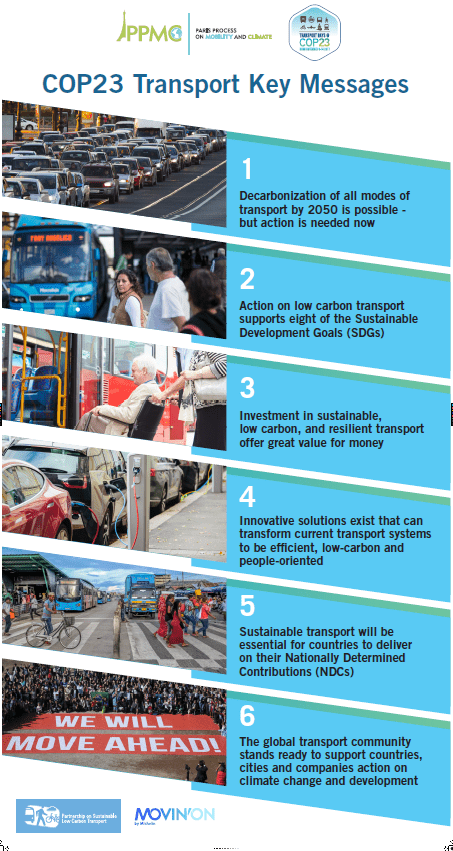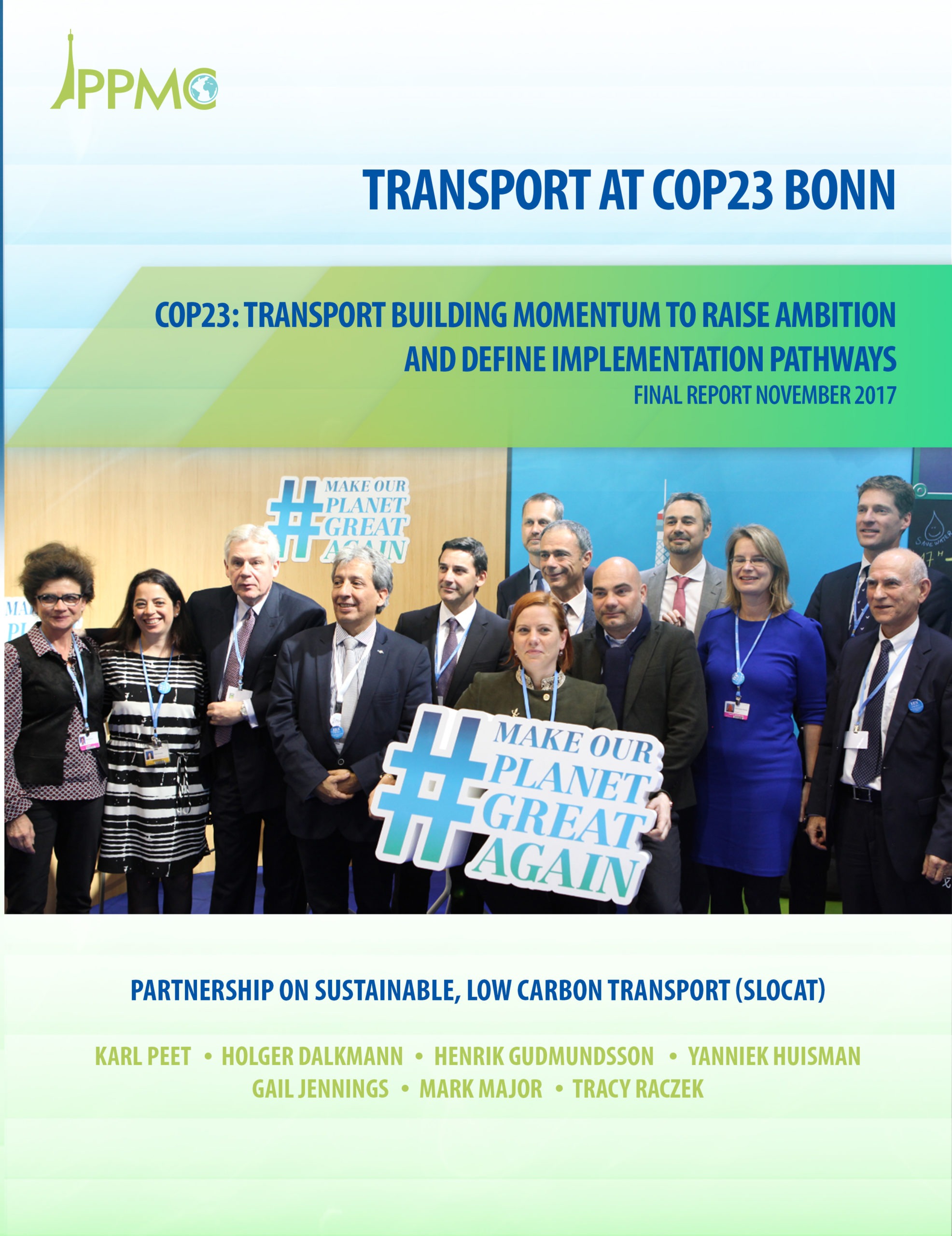Engagement at COP23
The 23rd Conference of the Parties (COP23) to the United Nations Framework Convention on Climate Change (UNFCCC) was convened in Bonn, Germany in November 2017 to build upon the pledge of action established at COP22 Marrakech, and to emphasise the need for clear action and rapid progress toward a 1.5-degree Celsius scenario (1.5DS), the aspirational goal of the Paris Agreement on climate change.


